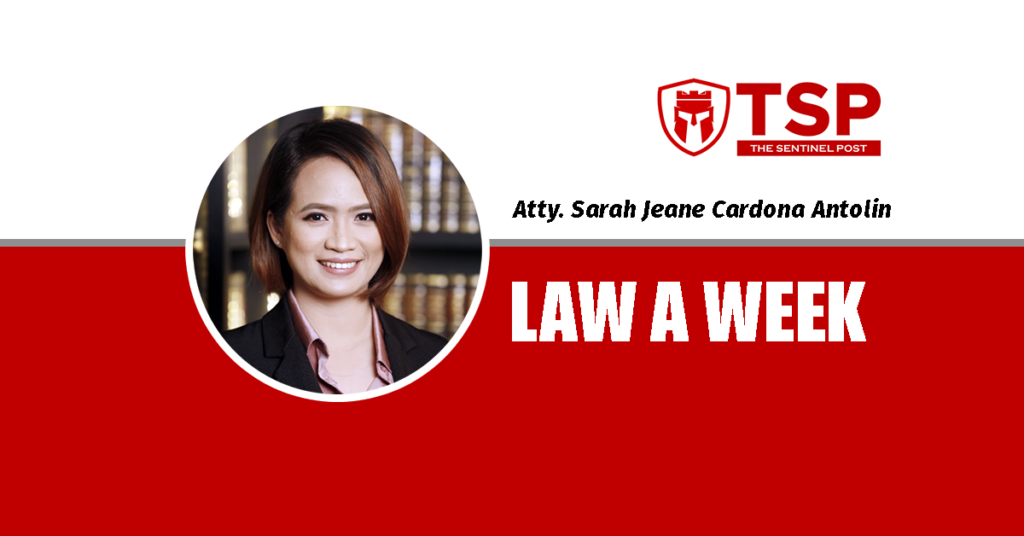Can tax liabilities be abated or cancelled?
Under Section 204 of the National Internal Revenue Code (“NIRC”), the Commissioner may abate or cancel a tax liability under the following conditions:
1. The tax or any portion thereof appears to be unjustly or excessively assessed; or
2. The administration and collection costs involved do not justify the collection of the amount due.
In relation to Item 1, Revenue Regulations No. 13-01 provide for the instances where the tax or any portion thereof is unjustly or excessively assessed:
a. When the filing of the return/payment of the tax is made at the wrong venue;
b. When taxpayer’s mistake in payment of his tax is due to erroneous written official advice of a revenue officer;
c. When taxpayer fails to file the return and pay the tax on time due to substantial losses from prolonged labor dispute, force majeure, legitimate business reverses such as in the following instances, provided, however, that the abatement shall only cover the surcharge and the compromise penalty and not the interest imposed under Section 249 of the NIRC:
- Labor strike for more than six (6) months which has caused the temporary shutdown of business;
- Public turmoil;
- Natural calamity such as lightning, earthquake, storm, flood and the like;
- Armed conflicts such as war or insurgency;
- Substantial losses sustained due to fire, robbery, theft, embezzlement;
- Continuous heavy losses incurred by the taxpayer for the last two (2) years;
- Liquidity problem of the taxpayer for the last three (3) years; or
- Such other instances which the Commissioner may deem analogous to the enumeration above.
d. When the assessment is brought about or the result of taxpayer’s non-compliance with the law due to a difficult interpretation of said law;
e. When taxpayer fails to file the return and pay the correct tax on time due to circumstances beyond his control, provided, however, that abatement shall cover only the surcharge and the compromise penalty and not the interest;
f. Late payment of the tax under meritorious circumstances such as those provided hereunder:
- One day late filing and remittance due to failure to beat bank cut-off time:
- Use of wrong tax form but correct amount of tax was remitted;
- Filing an amended return under meritorious circumstances, provided, however, that abatement shall cover only the penalties and not the interest;
- Surcharge erroneously imposed;
- Late filing of return due to unresolved issue on classification/valuation of real property (for capital gains tax cases, etc.);
- Offsetting of taxes of the same kind, i.e., overpayment in one quarter/month is offset against underpayment in another quarter/month;
- Automatic offsetting of overpayment of one kind of withholding tax against the underpayment in another kind;
- Late remittance of withholding tax on compensation of expatriates for services rendered in the Philippines pending the issuance by the Securities and Exchange Commission of the license to the Philippine branch office or subsidiary, provided, however, that the abatement shall only cover the surcharge and the compromise penalty and not the interest;
- Wrong use of Tax Credit Certificate (TCC) where Tax Debit Memo (TDM) was not properly applied for; and
- Such other instances which the Commissioner may deem analogous to the enumeration above.
g. Other cases similar or synonymous thereto.
As for Item 2, the following are instances when the administration and collection costs do not justify the amount sought to be collected:
a. Abatement of penalties on assessment confirmed by lower court but appealed by the taxpayer to a higher court;
b. Abatement of penalties on withholding tax assessment under meritorious circumstances;
c. Abatement of penalties on delayed installment payment under meritorious circumstances;
d. Abatement of penalties on assessment reduced after reinvestigation but taxpayer is still contesting reduced assessment; and
e. Such other instances which the Commissioner may deem analogous to the enumeration above.
The abovementioned conditions where the Commissioner may abate or cancel tax liability refer to situations where the taxpayer is prevented from properly paying the tax.




